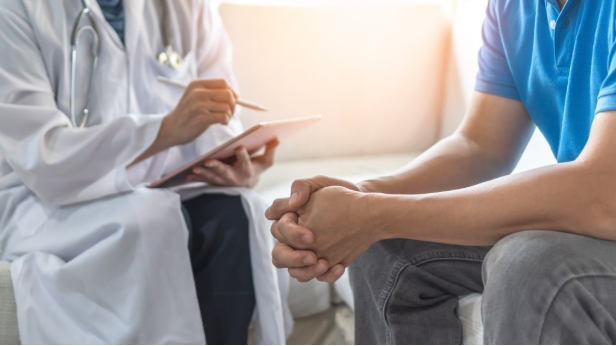What to Know About Gastroparesis

Digestive issues are common but never a fun subject. They can be embarrassing, traumatic, and chronic. While a lot of digestive issues have to do with the intestine and colon, your stomach can also fall victim to a condition known as gastroparesis. Gastroparesis can make life uncomfortable, especially after eating. If you would like to learn more, keep reading.
It Is a Paralyzed Stomach
Gastroparesis means paralyzed stomach, and it can lead to many uncomfortable side effects. Normally, when you eat, your stomach's acid breaks down the food, but the muscles in the stomach also spasm to help empty the stomach into the digestive tract.
If you have a paralyzed stomach, you still produce acid, but your stomach is slow at motility (in some cases, the stomach muscles do not work at all). As a result, the food stays trapped in the stomach for long periods of time. This can also increase acid in the stomach, leading to acid reflux.
Naturally, this leads to many symptoms, including abdominal bloating and pain. You may also feel extremely full even after only eating a small amount. In many cases, the feeling of fullness is so overwhelming that you feel compelled to vomit to release the discomfort. Other symptoms include nausea, changes in blood sugar levels, lack of appetite, and malnutrition.
It Is Commonly Associated With Diabetes
The vagus nerve is responsible for a lot of work inside your body, including mood control, immune response, and heart rate. However, it also plays a major role in digestion. In fact, damage to the vagus nerve can lead to gastroparesis. You can damage your vagus nerve or develop gastroparesis in multiple ways.
For example, anorexia nervosa could lead to gastroparesis by damaging the vagus nerve. Other risk factors include surgery to the stomach or vagus nerve, medications, and certain metabolic disorders like hypothyroidism.
However, by far, gastroparesis is most commonly associated with diabetes. It is usually more common in people with type 1 diabetes, but those with type 2 can also develop gastroparesis. The reason is that diabetes, especially uncontrolled diabetes, can damage nearly every part of your body, including the vagus nerve.
Treatment May Require Surgery
Treatment depends on the patient, the cause, and the severity of the symptoms. However, one of the first treatments is to change your diet. Your doctor will likely be recommended that you eat smaller meals more often vs. large meals three times a day. Also, avoid fibrous fruits and vegetables.
When these get trapped in your stomach, it can become like a tangled ball of hair. Soon, the ball grabs onto more and more debris, hardening into a bezoar. A bezoar can damage the stomach or make you feel like you are full when you are not. Surgery may be required to remove a bezoar.
If changes in diet do not help or are not enough, your doctor may recommend medications. Some medications stimulate your stomach muscles, and some simply help with nausea. Medications that stimulate the stomach muscles, however, can have terrible side effects, such as chronic diarrhea.
In extreme cases, patients may need to insert a feeding tube into the small intestine to bypass the stomach. Surgery may also insert an electronic device that stimulates the stomach muscles so food can be emptied into the small intestine.
If you would like to learn more, contact us at Kentuckiana Gastroenterology and Paramount Surgery Center today. We are happy to answer your questions and concerns about this condition and help you figure out what to do next so that you can enjoy eating without discomfort. Let us know what we can do for you.

















